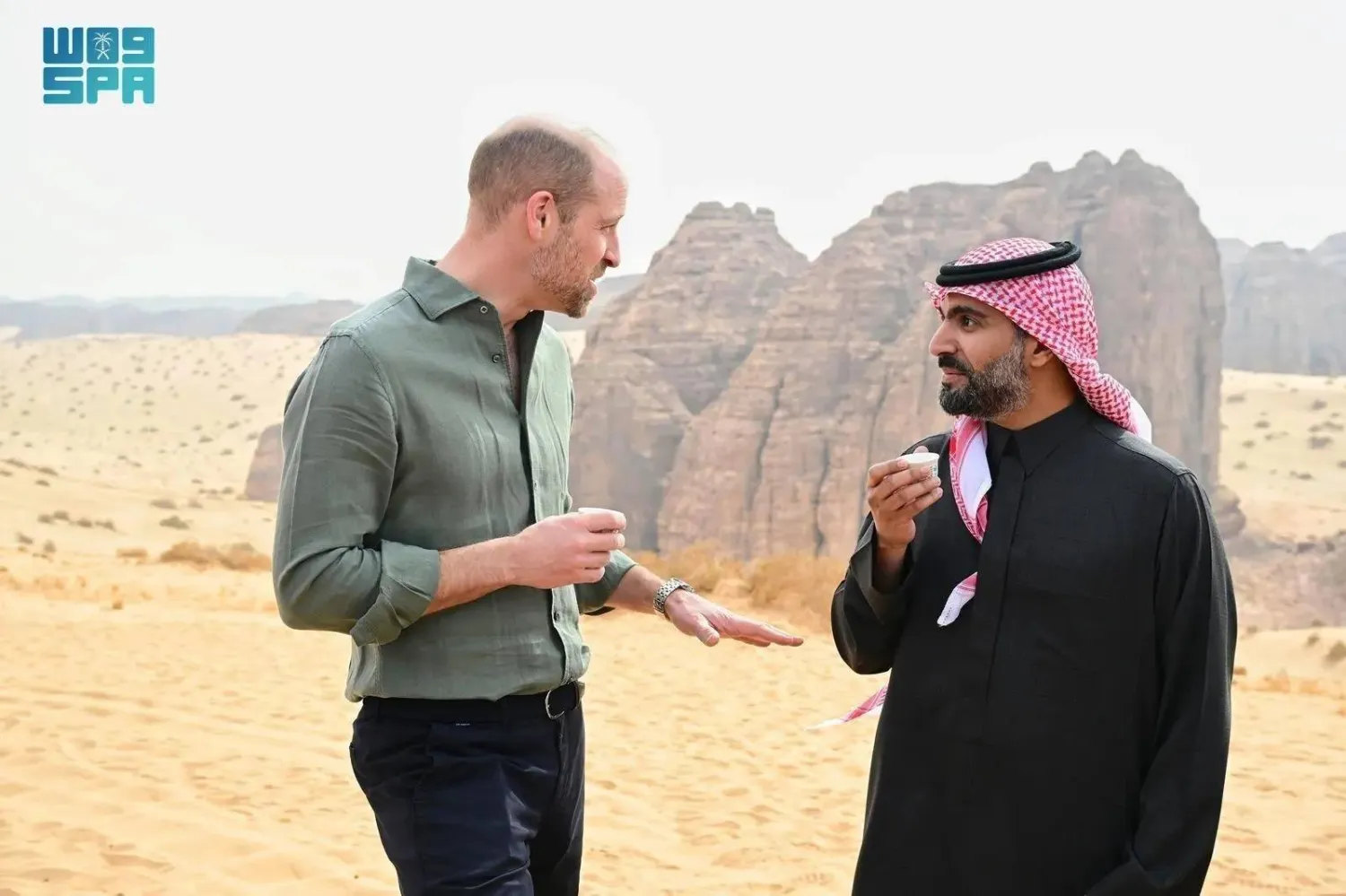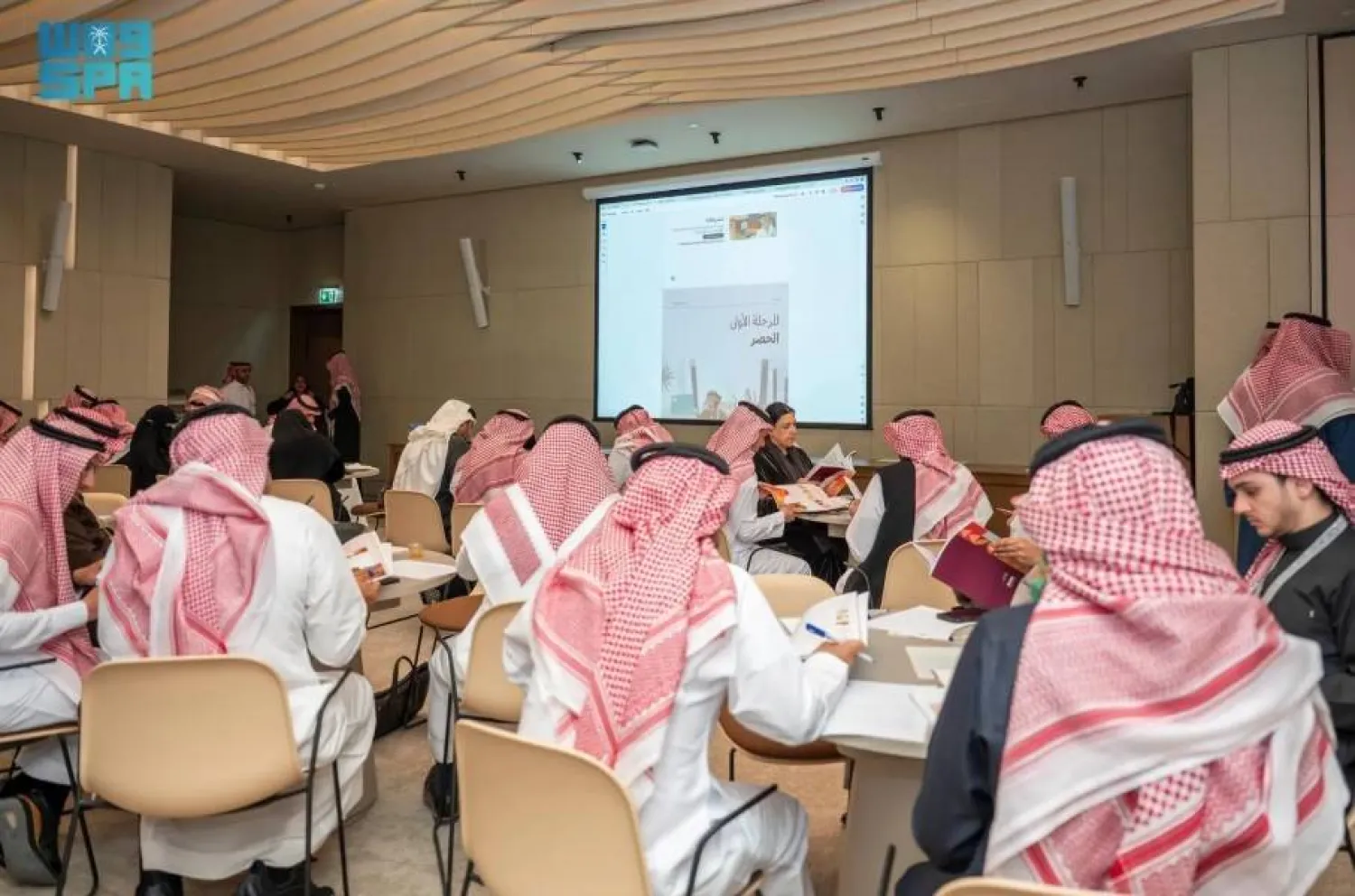Under the patronage of Minister of Culture Prince Badr bin Abdullah bin Farhan, the Music Commission, with the participation of the Theater and Performing Arts Commission, will organize a musical show next Sunday at the Metropolitan Opera House at Lincoln Square in New York City.
Eighty musicians from the National Orchestra and Choir (NOC) and the Saudi Performing Arts Band, accompanied by the American jazz band, Dizzy Gillespie, will perform at the concert as part of the “Masterpieces of Saudi Music," which includes a medley of Saudi folk songs in addition to individual performances. Dizzy Gillespie will present musical pieces in a joint performance with NOC.
The Theater and Performing Arts Commission will also present five shows that reflect the Kingdom's cultural diversity, including Al-Majrour, and Al-Samari.
The concert at the Metropolitan Opera House is the third destination of the "Masterpieces of Saudi Music" initiative after performances in Paris and the US state of New Mexico with the aim of introducing the world to Saudi music and performing arts.









